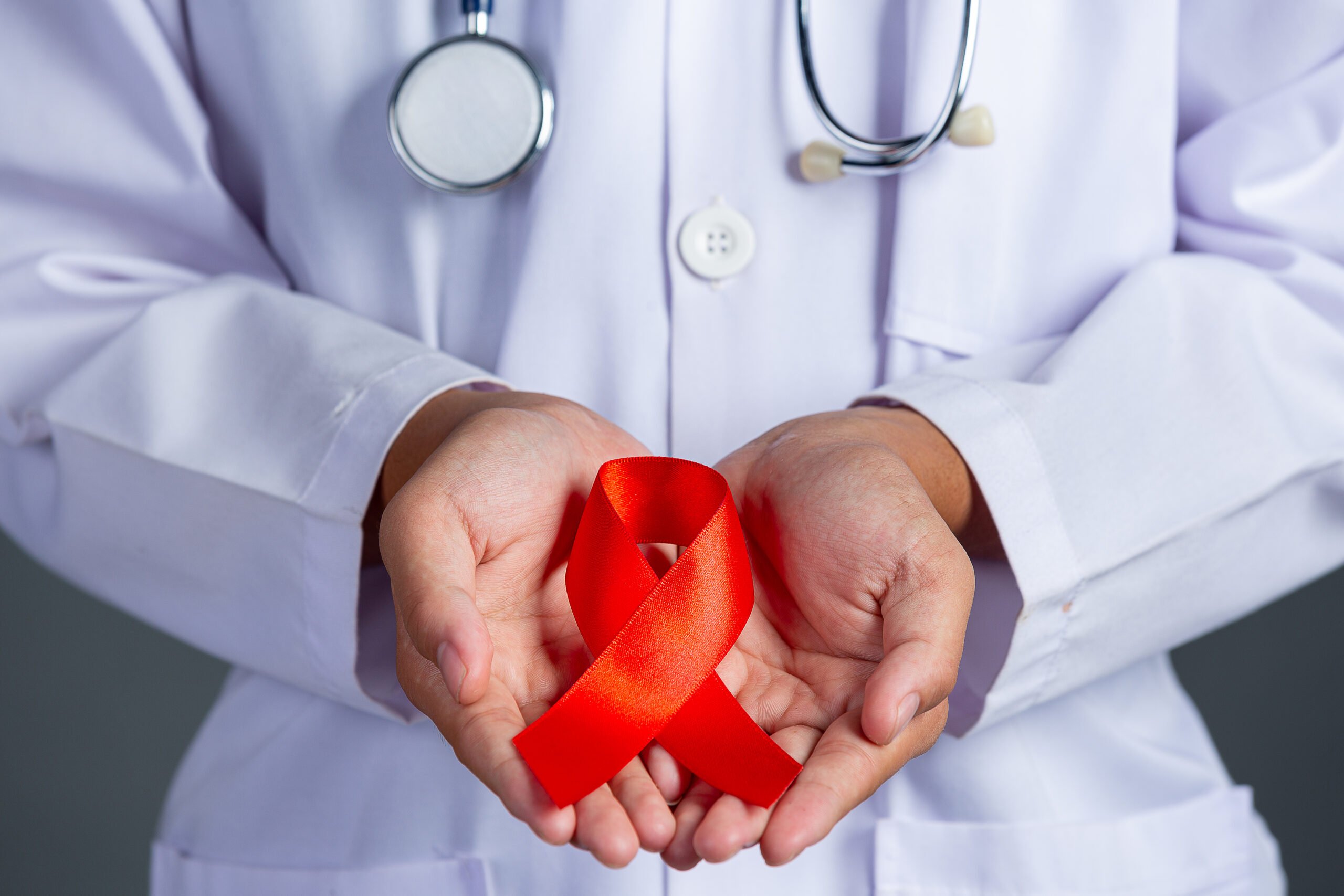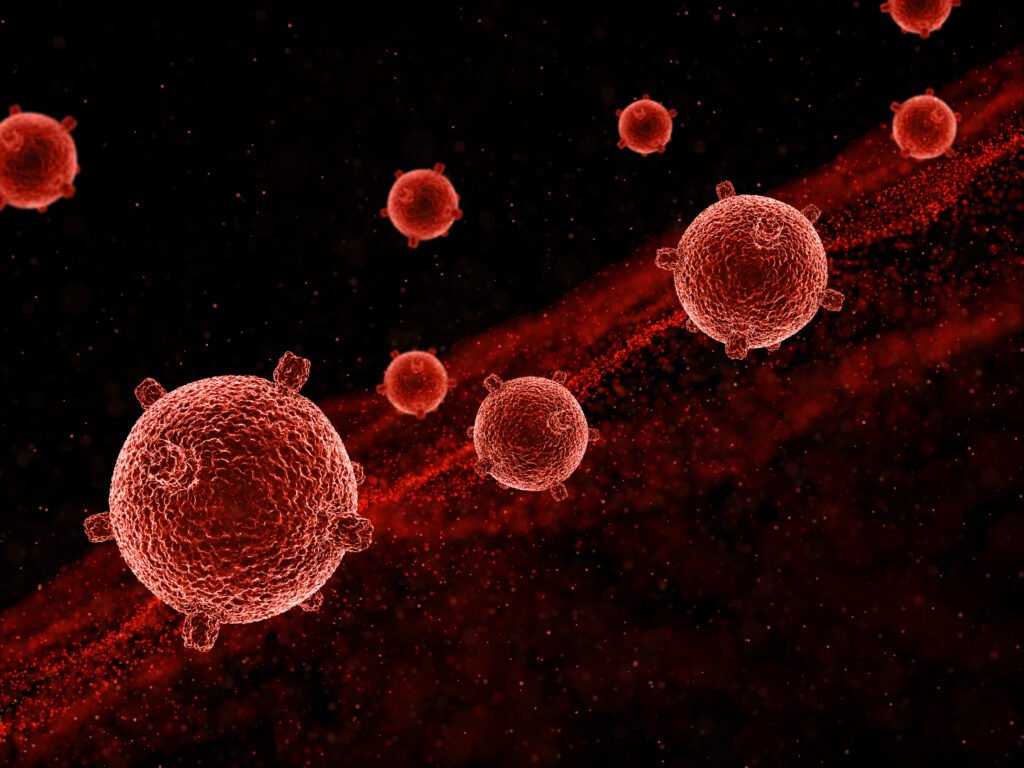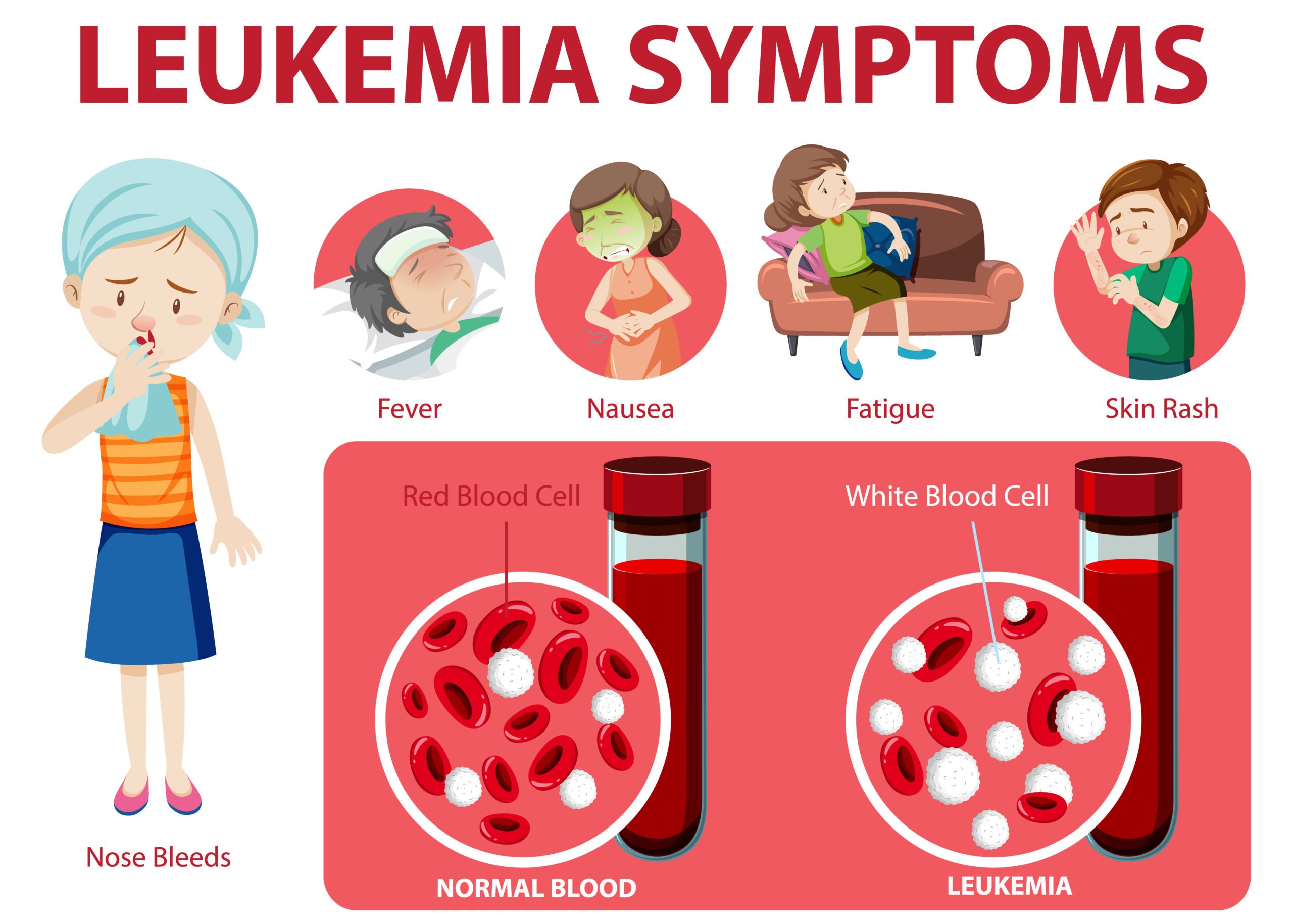Cancer Types
Blood Cancer
Blood cancer, or hematologic cancer, originates in the blood-forming tissues and affects the production and function of blood cells. It encompasses various types, such as leukemia, lymphoma, and myeloma, each with unique characteristics.



Risk Factors & Prevention
Risk factors for blood cancer include genetic predisposition, exposure to certain chemicals, and a weakened immune system. Prevention involves adopting a healthy lifestyle, avoiding known carcinogens, and seeking early medical intervention for predisposing conditions.
Screening & Symptoms
Screening:
Screening methods for blood cancer include blood tests, imaging studies, and bone marrow biopsies. Regular screenings aid in early detection, leading to more effective treatment.
Symptoms & Signs:
Common symptoms include fatigue, unexplained weight loss, frequent infections, easy bruising, and swollen lymph nodes. Recognizing these signs is crucial for early diagnosis and prompt treatment.


Diagnosis & Stages
Diagnosis:
Diagnosing blood cancer involves a thorough evaluation, including medical history, physical examination, blood tests, imaging, and sometimes, a bone marrow biopsy. Accurate diagnosis guides treatment decisions.
Sub-types & Stages:
Blood cancers have diverse sub-types like acute and chronic leukemia, Hodgkin and non-Hodgkin lymphoma, and multiple myeloma. Staging helps determine the extent of cancer spread and guides treatment planning.
Treatment Modalities & Coping Treatment:
Treatment Modalities:
Treatment options for blood cancer may include:
- Surgery
- Chemotherapy,
- Targeted therapy
- Radiation therapy.
- Stem cell transplantation
The choice depends on the specific type and stage of cancer.
Coping With Treatment:
Coping strategies during treatment involve emotional support, maintaining a healthy lifestyle, and participating in activities that bring comfort. Support groups and counseling services can provide valuable assistance.


Do's & Don'ts During Treatment
- Do prioritize self-care and follow medical advice.
- Do maintain a nutritious diet and stay physically active.
- Do communicate openly with your healthcare team about any concerns.
- Don't neglect your emotional well-being; seek support when needed.
- Don't ignore or self-medicate without consulting your healthcare provider.

Post Treatment Support, Followup Care and Surveillance :
Post Treatment Support:
Post-treatment support includes rehabilitation, follow-up appointments, and monitoring for potential side effects. Emotional support remains crucial during the transition to life after treatment.
Follow-ups Cancer Plan:
A well-structured follow-up plan involves regular check-ups, blood tests, and imaging to monitor for any signs of recurrence. It ensures ongoing support and prompt intervention if needed.
Surveillance & Monitoring for Indications for Recurrence:
Surveillance involves monitoring for potential signs of recurrence, such as changes in blood counts or imaging results. Regular communication with healthcare providers is key to early detection and management.
FAQ
Frequently Asked Questions
Common symptoms include fatigue, weight loss, infections, bruising, and swollen lymph nodes.
Diagnosis involves a comprehensive evaluation, including medical history, tests, and sometimes a bone marrow biopsy.
Treatment may include chemotherapy, radiation, immunotherapy, targeted therapy, or stem cell transplantation, depending on the type and stage.
Yes, support groups provide emotional support and shared experiences. Your healthcare team can provide information on local groups.
Adopting a healthy lifestyle, avoiding known carcinogens, and seeking early intervention for predisposing conditions can reduce the risk.
Long-term effects vary, but post-treatment support helps manage potential complications and improves overall quality of life.
Follow-up appointments are typically scheduled regularly to monitor for any signs of recurrence or side effects. The frequency may vary based on individual circumstances.

